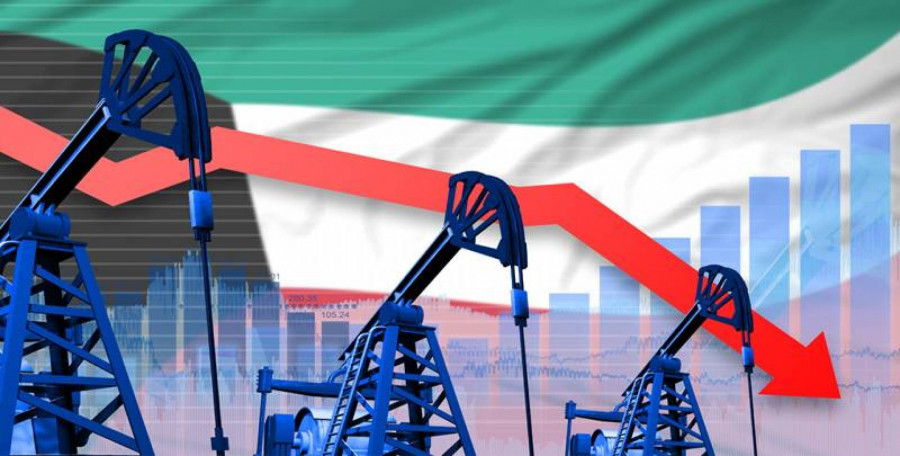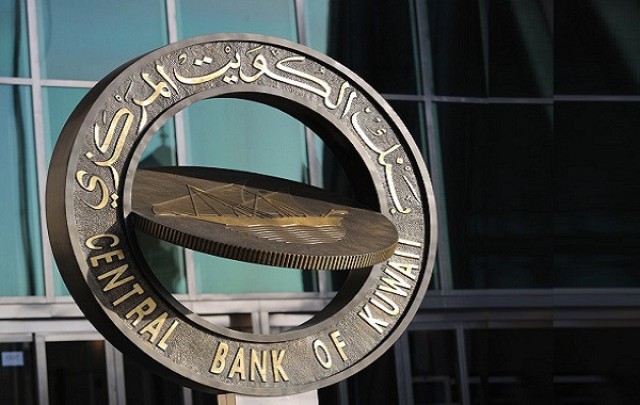Kuwaiti Oil Minister Khalid Al-Fadil announced that his country has begun to reduce oil supplies to the global market physically, without waiting for the agreement reached by the crude exporting countries to take effect, as it is scheduled to The agreement will enter into force next May.
According to ArabiaNet, Al-Fadil told Kuwait News Agency (KUNA) that although the agreement takes effect on May 1 and only a few days remain to start its implementation, the State of Kuwait has acted as a matter of sensing responsibility in response to market conditions, as it reduced part Of its supplies to global markets even before the agreement was implemented.
He stressed the awareness of the State of Kuwait to the difficult situation currently in the oil markets, indicating that it was one of the most committed to its share of reducing production during the past years.
He stressed the need to adhere to the agreed reductions in the coming months by all countries, stressing the importance of preserving the spirit of one team and teamwork in facing the coming challenges, due to the impact of the Corona Virus (SARS Cove-2) virus that causes Covid-19 disease on the global demand for Oil.
He stated that this stage requires uniting the ranks within OPEC and with its partners in the (OPEC +) coalition more than ever to overcome this difficult stage that has not been witnessed by oil markets throughout history.
Members of the Organization of Petroleum Exporting Countries (OPEC) and independent producers from outside it agreed at a meeting on April 13 to reduce production rates of oil by 9.7 million barrels per day, as of May 1 and for an initial period of two months ending on June 30, 2020. p>
An official statement issued by the meeting indicated that this agreement came at the conclusion of the tenth extraordinary meeting of members of (OPEC) and oil producers allied with them within the framework of (OPEC +) group, which was held via closed-circuit television headed by Saudi Energy Minister Prince Abdulaziz bin Salman and co-chair and Minister of Energy Russian Alexander Novak.
The statement stated that it was also decided to reduce production levels for the following six-month period from the first of July next to December 31, 2020 by 7.7 million barrels per day, and that would be followed by a modification of 5.8 million barrels per day for a period of 16 months from January 1, 2021 to April 30, 2022.
He pointed out that it was agreed that the baseline for calculating the adjustments would be oil production in October 2018 with the exception of Saudi Arabia and Russia, both of which are at the same level as the baseline of 11 million barrels per day.









































